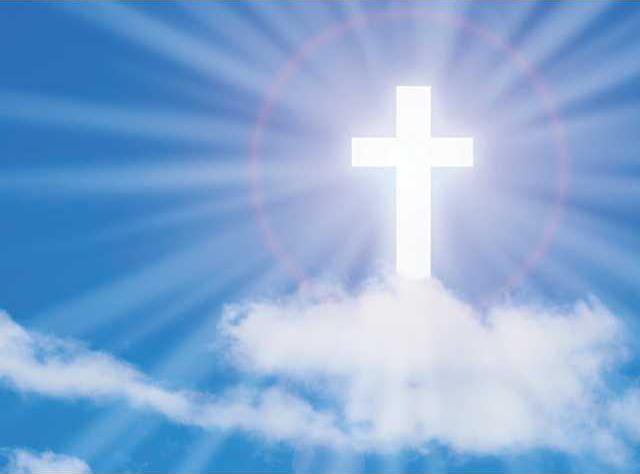Fr. Dawid Kwiatkowski
St. Anne’s Catholic Church
Jordan Peterson’s latest book, though not explicitly religious, highlights a concept central to the Catholic understanding of faith: wrestling with God. This imagery, rooted in Scripture, reflects the human journey of grappling with life’s deepest questions, trials, and purpose. The name “Israel,” meaning “one who wrestles with God,” emerges from Jacob’s transformative encounter in Genesis 32. Peterson, while not part of any organized religion, regards the Bible as a profound narrative that summarizes human experience and offers the best framework for life.
This insight resonates with the Catholic view of faith as a dynamic, lived experience enriched by struggle, suffering, and grace.
In the story of Jacob wrestling with God, Catholics see a powerful metaphor for the life of faith. Jacob’s insistence, “I will not let you go unless you bless me” (Genesis 32:26), reflects the tenacity required in prayer and trust. The Church Fathers interpreted this episode as a prefiguration of Christ’s struggle in Gethsemane, where human will meets divine will. Jacob’s limp symbolizes the humility that comes from encountering the divine, a humility deeply emphasized in Catholic spirituality.
For Catholics, wrestling with God is an act of love and trust, acknowledging that God’s ways are higher than our own (Isaiah 55:8-9). This struggle is not about defiance but about seeking clarity, purpose, and transformation through divine grace.
Suffering, in the Catholic tradition, is not meaningless.
It is seen as redemptive when united with Christ’s passion.
Jesus’ prayer in Gethsemane, “Not my will, but yours be done” (Luke 22:42), exemplifies the ultimate surrender to God’s plan, even in anguish.
This profound moment teaches Catholics to view suffering as a path to deeper union with God.
The Catechism of the Catholic Church states, “By His passion and death on the cross, Christ has given a new meaning to suffering: it can henceforth configure us to Him and unite us with His redemptive passion” (CCC 1505). This teaching invites the faithful to embrace struggles not as punishments but as opportunities to grow in holiness and participate in Christ’s salvific mission.
Peterson’s reflections align with this view, as he encourages readers to confront suffering with courage and responsibility. His recognition of the Bible as a guide for life challenges Catholics to rediscover the richness of Scripture and Church teachings as sources of wisdom for navigating life’s trials.
In Catholicism, doubts and questions are not signs of weak faith but opportunities for growth. Saints like Teresa of Calcutta (Mother Teresa) and John of the Cross experienced profound struggles in their spiritual journeys, often described as “dark nights of the soul.” These moments of wrestling with God led them to greater intimacy with Him.
Saint Augustine, whose own life was marked by questions and struggles, famously wrote, “You have made us for Yourself, O Lord, and our hearts are restless until they rest in You.” Wrestling with God is a sign of a restless heart seeking divine truth and love.
Catholic Practices for Wrestling with God:
The Church offers many avenues to grapple with life’s challenges through a Catholic lens:
• The Sacraments: Reconciliation provides a space to confront one’s sins and receive God’s mercy, while the Eucharist strengthens us for the journey of faith.
• Prayer and Meditation: Practices like Lectio Divina and the Rosary invite Catholics to wrestle with God’s Word and align their lives with His will.
• Community and Tradition: The Church, as the Body of Christ, offers support, wisdom, and encouragement for those wrestling with doubts and suffering.
An Invitation to Explore Jordan Peterson’s exploration of the Bible as a summary of human experience challenges Catholics to deepen their understanding of Scripture and Church teachings. Wrestling with God is not a sign of spiritual failure but a sign of engagement, trust, and hope.
The Catholic faith invites us to see struggles as transformative, trusting that God’s blessings often emerge through perseverance and surrender.
As St. Paul reminds us, “We know that in all things God works for the good of those who love Him” (Romans 8:28).
In wrestling with God, Catholics are called to embrace their faith more fully, drawing strength from Christ and His Church. Through this, we discover not only God’s blessing but also our own transformation. For anyone seeking meaning, whether inspired by Peterson’s work or their own life’s journey, the Catholic tradition offers a profound and hopeful path.



